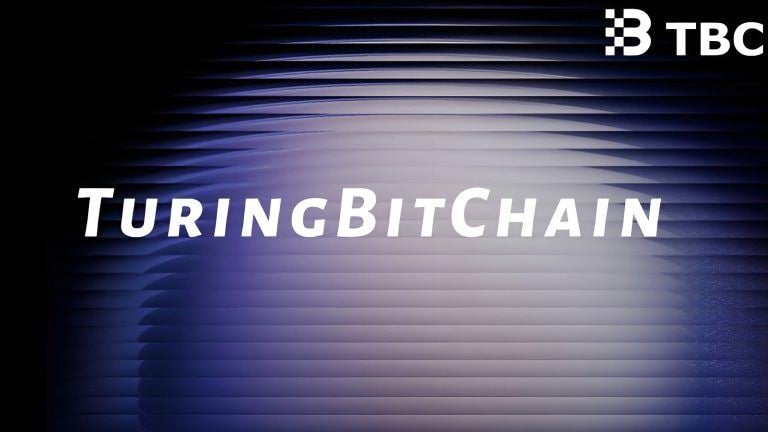IRS and Rhode Island University settle up
2 min read

Orrick, Herrington & Sutcliffe
An Internal Revenue Service examination of revenue bonds issued by the Rhode Island Health and Educational Building Corporation reveals that a preliminary determination regarding two series of 2018 vintage revenue bonds as being taxable was perhaps premature.
“The issuer and the IRS entered into a settlement agreement to protect the tax-exempt status of the Bonds,” said Rich Moore, a tax partner with Orrick.
“A settlement typically involves one or both of making a payment to the IRS and redeeming or defeasing outstanding bonds of the issue. The amount of the payment and/or bonds to be defeased or redeemed varies depending on the facts.”
The bonds in question were issued by RIHEBC on behalf of the University of Rhode Island and include Educational and General Revenue Issue Series 2018A and Auxiliary Enterprise Revenue Issue Series 2018B.
RIHEBC was established in 1966, has provided over $8.7 billion in financing and currently oversees $3.15 billion in outstanding bonds. A spokesperson for RIHEBC could not be reached for comment.
In
The preliminary determination is now amended by a notice stating that the final determination “was signed on June 13, 2025, by the University, the Rhode Island Health and Educational Building Corporation and the Commissioner of Internal Revenue Service.”
“As a result, there is no change to the tax-exempt status of the interest on the Series 2018 Bonds for federal income tax purposes.”
Section 149(g) is a problematic clause in the tax code that deals with expectations of when bond-financed construction projects will be completed as compared against when the money is actually spent.
Steering clear of 149(g) jackpots can come down to the luck of the draw combined with a dose of thorough bookkeeping.
“While most deals are not audited, I would advise issuers to proceed under the assumption that any bonds that they issue will be audited at some point,” said Moore.
Tax attorneys are also dealing with the IRS sending out
The Trump administration is now working with its fifth IRS head since it took over. Former Congressman Billy Long was confirmed by the Senate on June 12.







